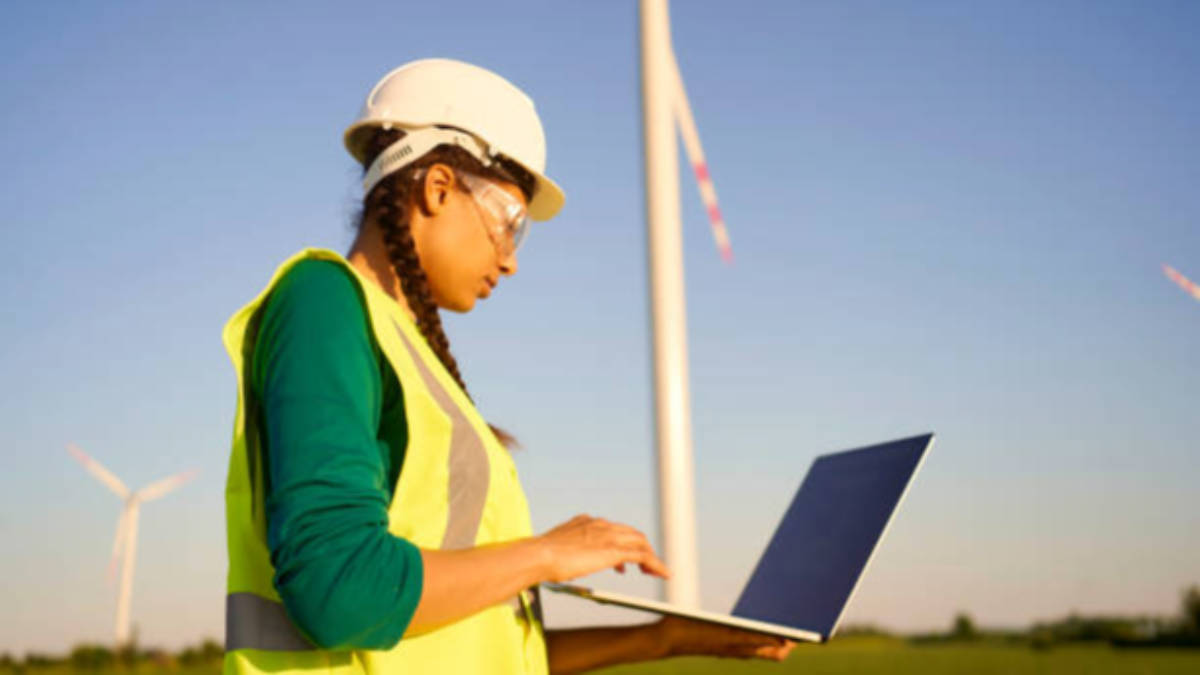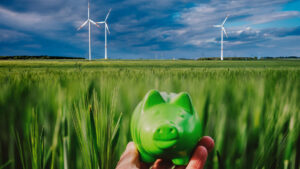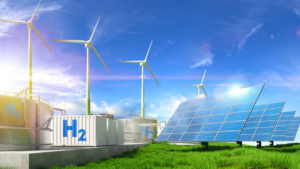ASX Green Energy Stocks: Mega-miner BHP eyes battery electric locomotives

Pic: Getty Images
Iron ore giant BHP will buy four battery electric locomotives and run trials at its Western Australia Iron Ore rail network in the Pilbara region, as part of the company’s ongoing efforts to reduce emissions.
The four locomotives are scheduled for delivery in late 2023 with two supplied by BHP’s current provider Progress Rail, a Caterpillar company, and two from Wabtec, a global equipment provider.
BHP will test the battery-electric locomotives’ performance and emissions reduction capabilities in delivering iron ore from its Pilbara mines to the Port Hedland export facility.
Conducting the trials in collaboration with two leading providers will support its planned electrification of the iron ore fleet of more than 180 locomotives, the company says.
A full transition to battery-electric locomotives would reduce BHP’s WA iron ore diesel-related carbon emissions by around 30% annually.
The trials will also test unique ‘energy recapture’ opportunities using the rail network’s natural topography to further reduce the trains’ overall power demand.
On the way to port, locomotives can capture energy from braking on downhill slopes (energy that would otherwise be lost) and use it to help power empty trains back to the Pilbara.
On ‘the cusp’ of technological advancements
BHP Western Australia Iron Ore asset president Brandon Craig said rail is the fundamental link in the company’s pit-to-port value chain.
“The power required to deliver fully-laden iron ore wagons from the Pilbara to Port Hedland is significant,” he said.
Speaking to the locomotive deployment, Wabtec president of freight Rogerio Mendonca said the FLXdrive battery-electric locomotive “represents the future of sustainable rail operations”.
“The rail and mining industries are on the cusp of technological advancements to equip customers with zero-emission locomotive fleets, and this is a major step toward eventually achieving that vision.”
Elixir executes MOU to support Gobi H2 Project
Elixir Energy (ASX:EXR) and the Mongolia Green Finance Corporation (MGFC) have executed a memorandum of understanding, where the two parties will collaborate on a wide range of fronts for its Mongolian-based green hydrogen project – ‘Gobi H2’.
The two entities will work together to identify Mongolian carbon offset opportunities to reduce exploration and appraisal stage scope 1 and 2 carbon emissions, develop larger scale forestry and nature related offsets, and work with International Financial Institutions over the project financing of Gobi H2.
Elixir says it is also currently measuring wind and solar resources to a bankable standard through its Australian sourced SODAR unit imported to the country last year and is importing a solar focused measurement tool, which will be acquired at its recently acquired Solar Ilch solar farm.
EXR managing director Neil Young said: “All the work we are doing on our Gobi H2 project serves to reinforce our original starting concept that the country is a potential tier one location for large scale hydrogen exports.
“Elixir’s first mover advantages are being progressively locked in and it is fantastic to see the rapidly growing interest in this future facing industry from multiple local and international stakeholders.”
Related Topics
UNLOCK INSIGHTS
Discover the untold stories of emerging ASX stocks.
Daily news and expert analysis, it's free to subscribe.
By proceeding, you confirm you understand that we handle personal information in accordance with our Privacy Policy.








